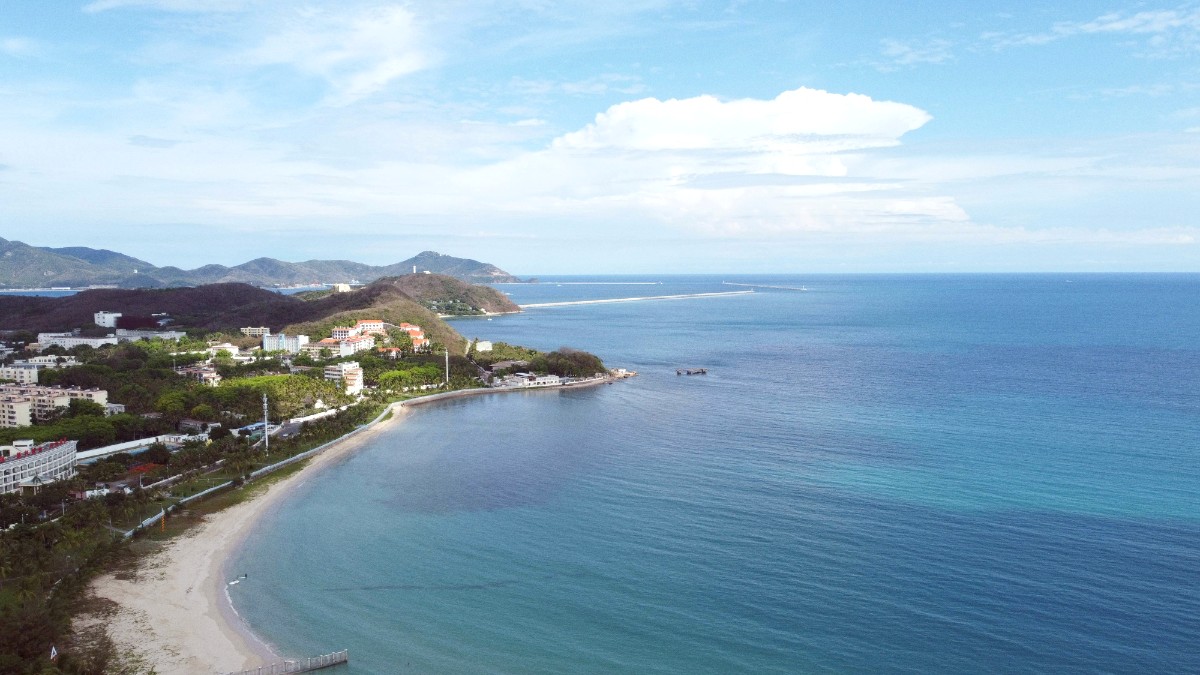
Hainan, China
Sanya Coral Reef National Nature Reserve safeguards marine biodiversity. Hainan Tropical Rainforest National Park in the interior is a protected area for the island's unique ecosystem.
Sanya still uses much single-use plastic. Minimize your environmental footprint. Reusable bottles, shopping bags, and travel utensils are good choices. Recycling bins grow in number.
Hainan receives ample rainfall, yet water conservation holds importance, especially within resorts. Hotels often encourage guests to reuse towels and linens. Be mindful of your water usage.
Responsible travel goes beyond environmental care to include cultural awareness and support for local initiatives.
Consider purchasing carbon offsets for your flights. Programs invest in projects reducing greenhouse gas emissions to balance your travel impact. This mitigates long-distance travel's environmental burden.
Look for hotels promoting environmental certifications (e.g., LEED, Green Globe) or with stated eco-friendly practices. These include energy-efficient lighting, water-saving fixtures, and local food sourcing.
Support local cultural initiatives, especially those preserving the unique traditions of the Li and Miao ethnic groups. This includes visiting cultural parks like Betel Nut Valley.
Politeness and patience, especially when language barriers arise, are much appreciated. A smile and willingness to communicate are always welcome. Observe local behavior and adapt.
Always ask for permission before taking photos of individuals, especially children, elderly people, or those in traditional attire. Respect their decision if they decline. Be discreet and avoid intrusive photography.
Sustainable Outdoor GearDress modestly (shoulders and knees covered) when visiting temples and Nanshan Cultural Tourism Zone. Maintain a quiet and respectful demeanor inside religious buildings. Remove shoes before certain temple halls.
Reusable Travel ItemsYour choices impact Sanya's environment and communities. Conscious travel creates a lasting positive mark.
Your travel choices play a part in Sanya's local economy.
Seek out and support locally owned guesthouses, restaurants, and shops. Your spending circulates within the local economy, benefiting residents and small businesses.
Seek products directly from artisans rather than mass-produced souvenirs. This ensures fair compensation for their work. Purchase authentic local crafts and produce.
Be aware of activities potentially exploiting animals (e.g., wild animal shows not focused on conservation or rehabilitation). Choose ethical tour operators.
Do not participate in activities contributing to illegal trade. Avoid purchasing products from endangered species (e.g., certain corals, specific shells, or wildlife parts).
If you feel compelled to offer aid, research local reputable charities that work with communities in need. Your hotel concierge might point to local organizations.
Research local, established charities for donations.
Donations through organized channels often see greater, lasting positive effects.
Your hotel concierge may recommend local organizations focused on education or health.
Your spending choices empower local communities. Direct purchases from artisans make a difference. Ethical tourism respects local livelihoods and traditions. Conscious consumption shapes a better destination.
Supporting fair practices creates a sustainable economy. Be a mindful visitor by making responsible choices throughout your journey in Sanya.